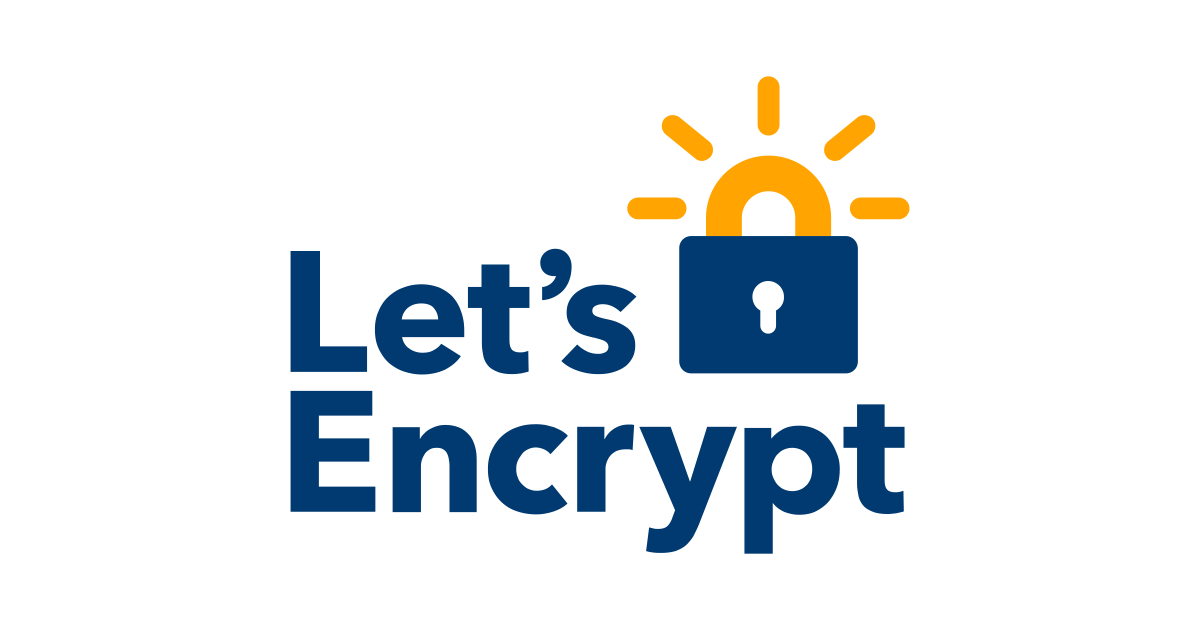draft-aaron-acme-profiles-01 - Automated Certificate Management Environment (ACME) Profiles Extension
This document defines how an ACME Server may offer a selection of different certificate profiles to ACME Clients, and how those clients may indicate which profile they want.| IETF Datatracker


